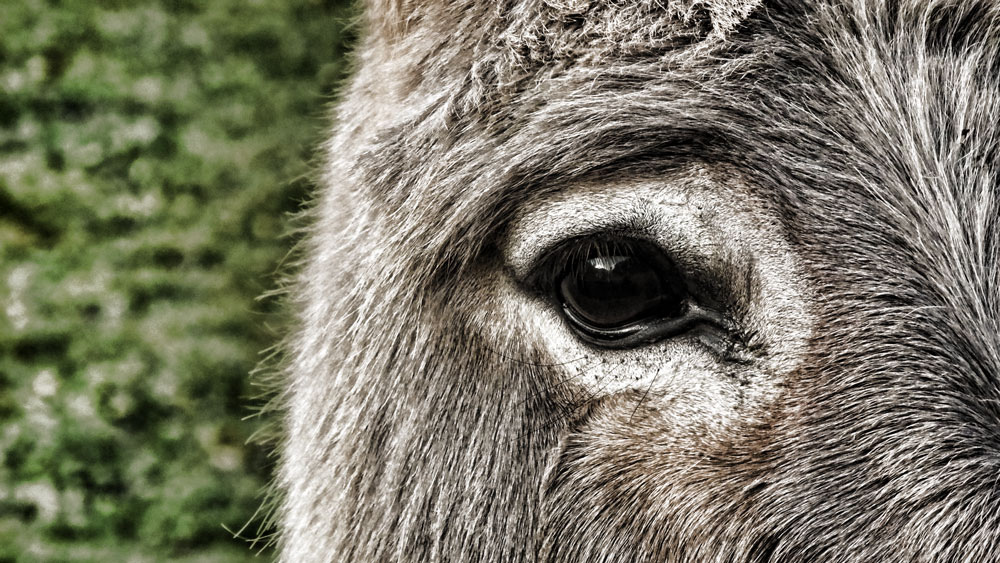“Grandmother, have you ever looked a donkey in the eyes?”
“I may have done, my dear boy, I don’t remember.”
“In that case you haven’t, because otherwise you’d certainly remember. Grandmother, if donkeys could speak …”
“Believe me, my dear boy, they wouldn’t and couldn’t say anything superhuman. They’d ask for good straw and clean water.”
“Well, that may be. Even if they didn’t go beyond those two or three words, at least they’d be referring to concrete, visible, tangible things. What an immense benefit it would be to our old, baroque civilization if we could only start all over again from the beginning, from bare straw and clean water, and grope our way forward there, subjecting the big words in current use to severe scrutiny one by one.”
— a conversation between the characters Pietro Spina and Maria Vicenza Spina in Ignazio Silone’s The Seed Beneath the Snow (1942).
- * *
Wenn ein Löwe sprechen könnte, wir könnten ihn nicht verstehen [If A lion could speak, we could not understand him] — Ludwig Wittgenstein, Philosophical Investigations (1952)
- * *
I don’t know if you have anything to say, but let’s take out all of the adjectives and find out. — George Oppen to his sister June, not long before Alzheimer’s disease claimed his powers of speech and recognition.
what concerns the artist is that the thing exists——and he starts with a ruined language ^He must day by day and then by man, destroyed^ achieves language. — George Oppen, Daybook II:II

